AfD leader vows to close borders and withdraw Germany from agreements
- Update Time : Tuesday, February 4, 2025
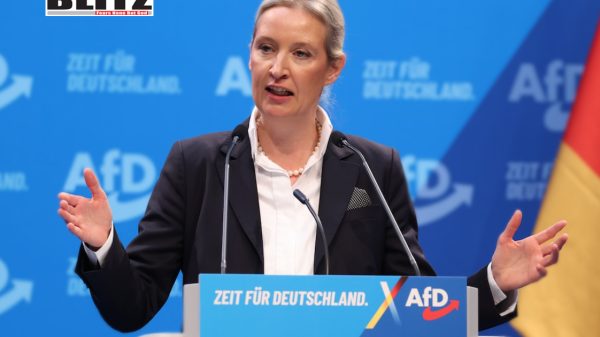
As Germany gears up for its next federal election in February, the far-right Alternative for Germany (AfD) party is making bold promises that could redefine the nation’s policies on immigration, climate, and international cooperation. At a campaign rally in Neu-Isenburg, near Frankfurt, on February 1, AfD co-leader Alice Weidel announced her party’s intention to close Germany’s borders, halt illegal migration, and withdraw from key international agreements if it secures a position in government.
Weidel’s speech centered on the theme of restoring “normality” to Germany, claiming that the first priority of an AfD-led government would be to implement strict border controls. “We will start on Day One by closing the borders and rejecting every illegal entrant,” she declared. “We will tell the world that the German borders are finally closed.”
In addition to closing the borders, Weidel pledged to enforce deportations of individuals who do not have legal residency in Germany. She also announced plans to enact an “immediate moratorium on naturalization,” a policy that would put a hold on granting German citizenship to immigrants.
The number of migrants residing in Germany under some form of international protection reached a record high of 3.48 million in 2023, according to government data. AfD has long opposed Germany’s relatively open immigration policies, which it blames for economic strain and social unrest.
Beyond its hardline stance on immigration, the AfD is also proposing major shifts in Germany’s participation in international organizations. Weidel announced that Germany would withdraw from the World Health Organization (WHO) and the Paris Climate Agreement if her party came to power.
The WHO has been a key player in global health policy, particularly during the COVID-19 pandemic, while the Paris Climate Agreement is an international treaty aimed at curbing global warming. AfD’s planned withdrawal from these agreements aligns with its broader skepticism of global governance institutions and multilateral frameworks.
Weidel also took aim at the German government’s renewable energy initiatives, promising an “immediate halt to wind farms.” She criticized wind turbines as “ugly structures” and vowed to “tear them down.”
Germany has been at the forefront of the global transition to renewable energy, with wind power playing a crucial role in the country’s push for sustainability. However, AfD argues that these policies have harmed the economy and driven up energy costs.
“We will cancel all subsidies for technologies that are expensive, but inefficient and destroy the backbone of our energy policy,” Weidel stated. She emphasized the importance of maintaining Germany’s status as an industrial powerhouse, advocating instead for a return to nuclear energy. Germany shut down its last three nuclear power plants in 2023, a decision that was widely debated within the country.
Weidel also touched on the automobile industry, arguing that electric cars should compete on an even playing field with traditional combustion engine vehicles. “We want to have competition in the automobile market,” she said. “We want electric cars to compete with our combustion engines. What is wrong with that?”
The German automotive industry, one of the largest in the world, has faced increasing pressure to shift towards electric vehicles due to stringent EU regulations aimed at reducing carbon emissions. AfD has positioned itself as a defender of traditional car manufacturers and has criticized government policies that prioritize electric vehicles.
Weidel’s speech in Neu-Isenburg was met with significant opposition. Around 9,000 protesters gathered in the town to demonstrate against the AfD event. Reports from Deutsche Welle indicated that left-wing demonstrators clashed with police, with some attempting to set police vehicles on fire.
AfD has been a deeply polarizing force in German politics since its founding in 2013. While the party has gained support for its anti-immigration and nationalist policies, it has also faced accusations of extremism. Some regional branches of the party have even been placed under surveillance by Germany’s domestic intelligence agency due to concerns about far-right radicalization.
Despite the controversy surrounding AfD, the party continues to gain traction. Polls indicate that AfD is currently polling at around 20%, surpassing Chancellor Olaf Scholz’s center-left Social Democratic Party (SPD), which is at 16%. However, AfD remains behind the center-right Christian Democratic Union (CDU), which holds a commanding lead at 31%.
With the federal election approaching, AfD’s growing support raises concerns among mainstream parties. While CDU and SPD have both ruled out any coalition with AfD, the party’s increasing popularity suggests that its influence in shaping public discourse and policy debates will continue to grow.
If AfD were to gain substantial power, its proposed policies would mark a dramatic shift in Germany’s governance. Closing the borders and halting naturalization could lead to tensions with the European Union, which has long advocated for shared responsibility in handling migration. Exiting the WHO and the Paris Climate Agreement would also position Germany at odds with much of the international community, potentially straining diplomatic relations.
Meanwhile, AfD’s energy policies could undo years of efforts aimed at transitioning to a more sustainable economy. The return to nuclear energy and the dismantling of renewable energy infrastructure would be a stark departure from the green initiatives that have been central to Germany’s environmental policies in recent years.
As the federal election draws closer, AfD’s hardline rhetoric and policy proposals are likely to remain a focal point of political debate. While the party has capitalized on frustrations over immigration, energy prices, and government overreach, its vision for Germany presents a fundamental departure from the country’s current trajectory.
With opposition movements growing and mainstream parties seeking to counter AfD’s rise, the upcoming election could be one of the most consequential in recent German history. Whether AfD’s policies gain enough traction to reshape the country’s governance remains to be seen, but one thing is certain: the debate over Germany’s future has never been more intense.


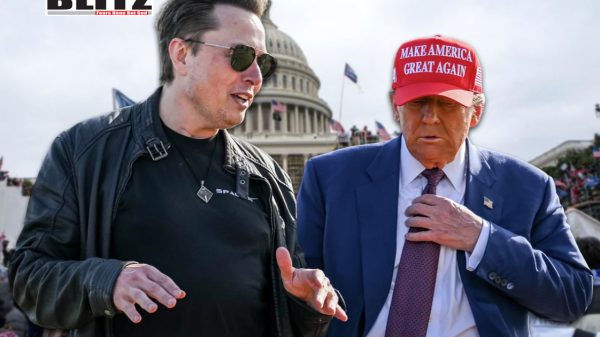
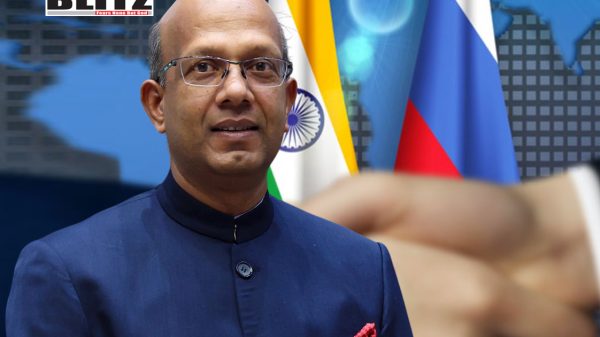

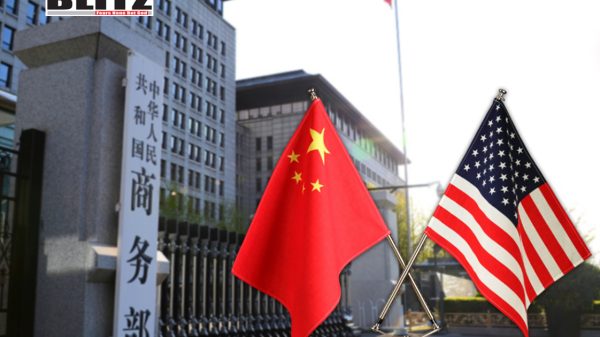
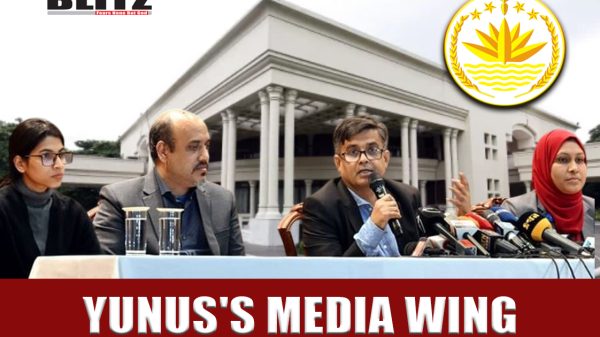


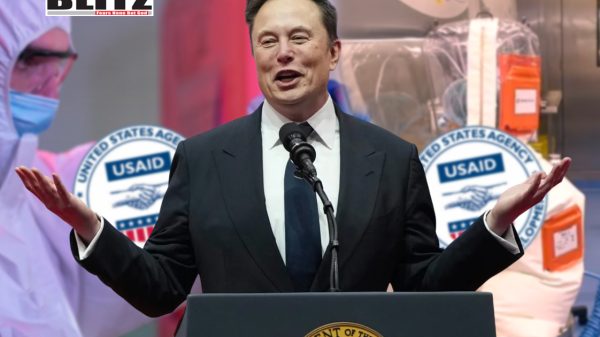

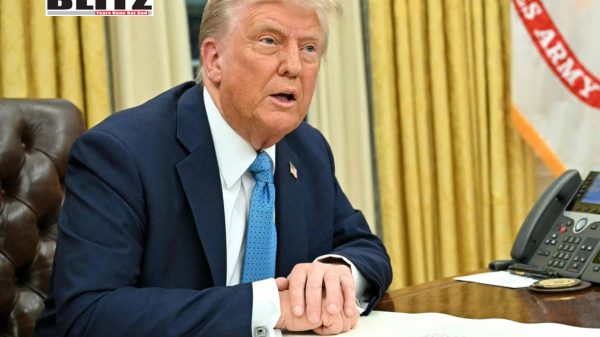



Leave a Reply